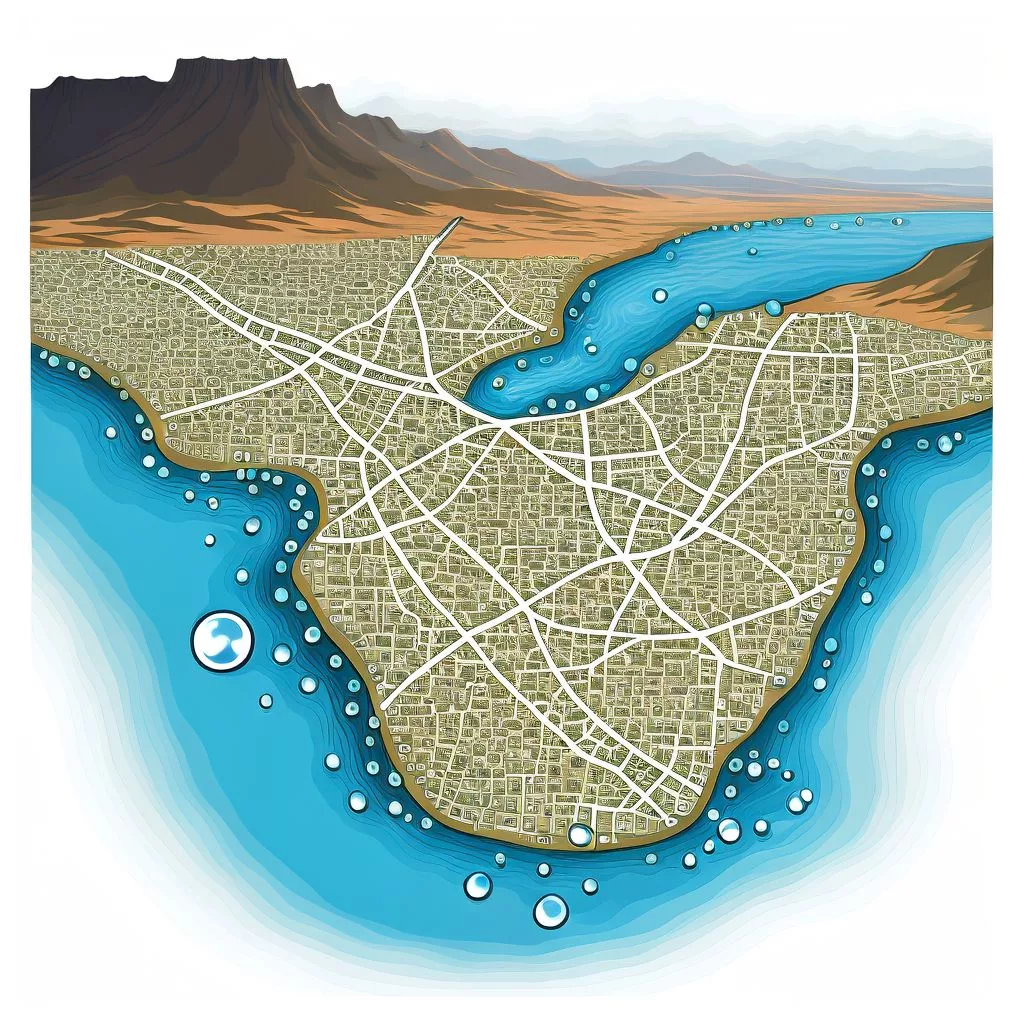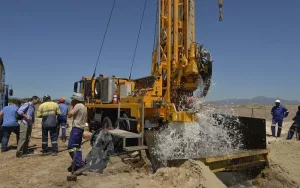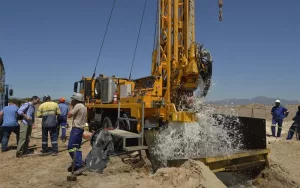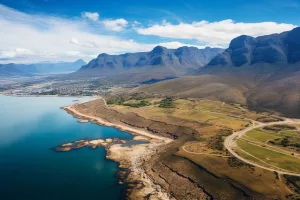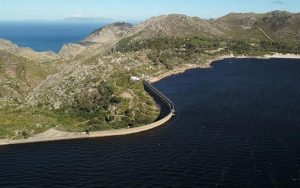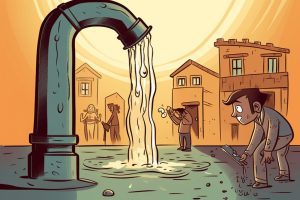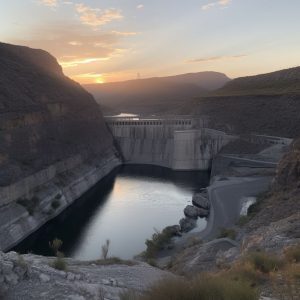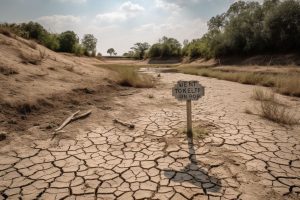Cape Town faced a scary water shortage during the “Day Zero” crisis but has since turned things around through teamwork and smart ideas. The city now uses rainwater harvesting, cleans and reuses wastewater, and involves communities in saving water. By treating water as a valuable resource not waste, Cape Town builds a future where everyone has fair access to clean water. This new way of working together and using technology helps the city stay strong and hopeful against water challenges.
The New Water Program aims to provide an additional 300 million liters of fresh water daily by 2030 to secure a resilient water supply for the city’s growth. Cape Town has had a successful water security program amidst climate change, including water reuse, desalination, and invasive species removal. Even with dam levels over 90%, the fixed basic charge for water services remains necessary, and the city is committed to a watersecure future despite the challenges of climate change.
Cape Town’s Approach to Water Security: A Crucial Move Towards Enduring Adaptability
Cape Town is taking a proactive approach to water security by diversifying its water sources and implementing cuttingedge technologies for water recycling and desalination. The New Water Programme aims to boost daily water supply by 300 million litres by 2040 through various strategies, including invasive plant species clearance and groundwater exploitation. Citizen engagement is also critical to strengthening the city’s water resilience. With escalating challenges sparked by climate change and urbanisation, Cape Town’s efforts reflect resilience, adaptability, and the power of collective action.
Cape Town has unveiled its latest addition to its water supply infrastructure the Contermanskloof Reservoir. The reservoir has a capacity of 100 megalitres, is worth more than R250 million, and aims to manage the water supply in rapidly evolving regions. This new infrastructure shows the city’s commitment to water security and securing a thriving water future for its citizens.
The recent rainfall has been significant in recharging the dams, but it also poses dangers, particularly for communities in informal settlements. The DWS Western Cape Provincial Head, Ntombizanele BilaMupariwa, reminds us that heavy rains can be hazardous, and community members must take precautions.
As the global population continues to grow and climate change impacts become increasingly apparent, water security has emerged as a pressing issue. Cape Town, in particular, has experienced fluctuations in rainfall patterns, with dams recording 19% lower levels than the previous year. This has raised concerns about the persistence of drought conditions in the longterm.
The Minister of Water and Sanitation, Senzo Mchunu, recently held a media briefing to discuss the cholera outbreak in Hammanskraal and the efforts to address the water crisis in the region. This article provides an overview of the briefing and the actions taken by the Department and the City of Tshwane.
Minister of Water and Sanitation, Senzo Mchunu, along with Deputy Ministers David Mahlobo and Judith Tshabalala, visited Ladysmith in advance of the Presidential District Development Model (DDM) service delivery outreach programme scheduled for 9th June 2023. The purpose of the visit, which took place on 2nd June, was to evaluate the current state of the district’s water supply and sanitation services.
The Lesotho Highlands Water Project is a crucial infrastructure project in Africa that has provided significant benefits to both Lesotho and South Africa. The project has brought together the water resources of the highlands of Lesotho with the water needs of the economically powerful Gauteng Province in South Africa.
The Western Cape of South Africa has been grappling with a severe drought for several years. In 2017, the region introduced water restrictions to help manage the scarce water supply. While there has been a slight improvement in the situation in 2020, the region’s water supply remains fragile.

